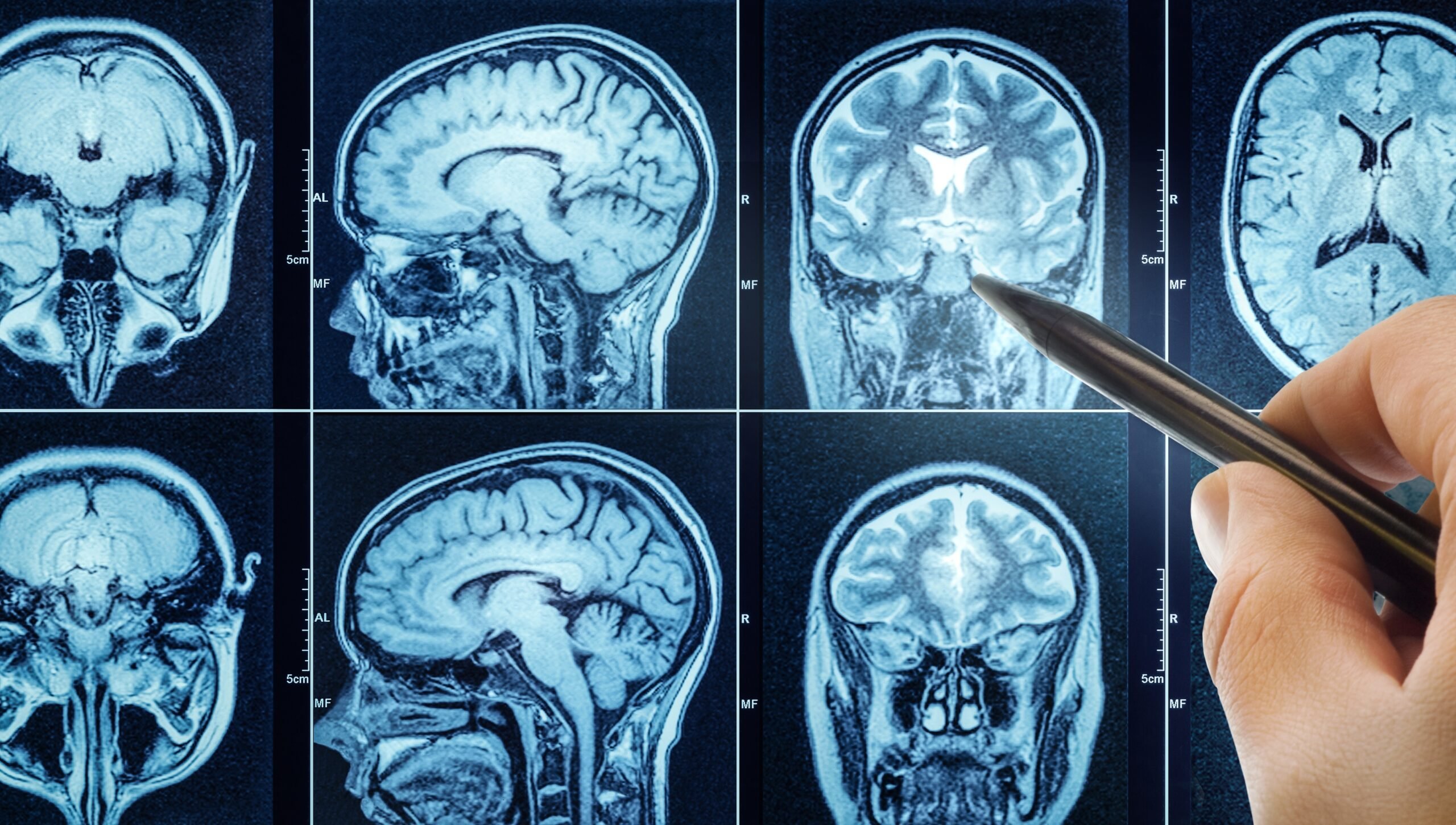
“If you’re that depressed, reach out to someone. And remember, suicide is a permanent solution to temporary problems.” – Robin Williams
How can someone who lights up the world with laughter end up swallowed by darkness?
That’s the question millions asked in stunned disbelief when the news broke: Robin Williams — the manic genius, the Oscar-winner, the childhood hero — had died by suicide. He was the voice of our favorite characters, the face of joy, and yet, in the quiet hours of his own life, he was unraveling.
It’s easy to believe that pain has a look — that depression means isolation, that addiction means collapse, that mental illness always announces itself. But what if it doesn’t? What if it smiles wide, delivers punchlines, and says, “I’m fine,” while silently screaming for relief?
We often say suicide is a permanent solution to temporary problems. But what if the problem isn’t temporary — what if it’s misdiagnosed, misunderstood, or buried beneath decades of stigma? Robin’s story wasn’t one of weakness. It was one of invisibility — of a man wrestling demons too complex to name, and a world too quick to assume he was okay.
Table of Contents [show]
The Mask of Laughter – How Depression Hides in Plain Sight
When someone like Robin Williams dies by suicide, the question echoes louder than usual: How could this happen? He had it all — fame, love, talent, accolades. He brought so much joy. What we often fail to realize is that bringing joy doesn’t always mean feeling it.
Robin Williams was, in many ways, the embodiment of joy. His comedy felt limitless, his energy boundless. But beneath the brilliance lived a private pain — one he often carried silently. This disconnect between his public persona and private suffering isn’t uncommon. Many who suffer from depression don’t “look” depressed. They show up. They smile. They perform. Until, one day, they can’t.
Psychiatrists call it the “sad clown paradox” — the idea that those who bring the most laughter are often battling the deepest sadness. In a study by researchers at Oxford University, comedians were found to exhibit a unique psychological profile: a mixture of introversion, anxiety, depressive tendencies — and, paradoxically, extraverted, impulsive traits. Performance became their camouflage, their coping mechanism, their way of controlling the narrative. As one researcher noted, comedy can be a “front” or a form of self-medication.
Robin’s style was famously “manic.” He acknowledged it himself, often poking fun at the idea that he might be labeled “manic depressive.” But he pushed back on clinical definitions. In interviews, he would say things like, “Do I get sad? Oh yeah. Does it hit me hard? Oh yeah.” Yet, he resisted calling it a disorder. Perhaps he didn’t want to be reduced to a diagnosis. Or perhaps he, like so many others, didn’t fully see the shape of what he was living through.
What complicates this picture even more is what we only learned after his death: Robin wasn’t just battling emotional despair — he was also suffering from Lewy Body Dementia (LBD), a progressive and little-understood neurological disease. It mimics symptoms of both Parkinson’s and Alzheimer’s, but it’s especially brutal in the way it targets cognition, mood, and perception. Hallucinations, paranoia, insomnia, and confusion are common. Depression and anxiety aren’t side effects — they’re central features.
At the time, Williams had been diagnosed with Parkinson’s disease, not LBD. He was grappling with symptoms he couldn’t explain, which were misattributed, misunderstood, or simply overwhelming. This biological storm inside his brain wasn’t visible to the outside world. It didn’t matter that he was loved or admired. His reality was being slowly distorted by something he didn’t even know had a name.
This is the cruel truth about depression — and especially depression layered with neurological illness: it often hides in plain sight. It wears costumes, it plays roles, it does what it needs to survive the day. But inside, the person may feel like they’re drowning in silence.
The lesson here isn’t just about Robin Williams. It’s about the millions who carry their pain beneath the surface — the ones who are “doing great” on the outside and falling apart inside. Depression doesn’t always whisper. Sometimes, it jokes. Sometimes, it hosts dinner. Sometimes, it wins awards.
And that’s why awareness is only part of the equation. What we really need — as friends, family, caregivers, a society — is attention. Not just to what someone says, but to what they stop saying. Not just to how they act in public, but how they retreat in private. Because the mask can be beautiful. But the pain it hides is often unbearable.
A Life in Highs and Lows – Addiction, Fame, and the Quiet Fight
Addiction doesn’t always roar. Sometimes, it whispers — in hotel rooms after long shoots, in the silence between applause, in the weight of a smile that feels harder to hold with each passing year. Robin Williams knew those whispers intimately. Behind the rapid-fire wit and electrifying performances was a man locked in a decades-long battle with substance use — a battle fought quietly, relapse by relapse, year after year.
His addiction story began in the early chapters of fame. As Mork & Mindy launched him into stardom in the late 1970s, Williams was swept into the frenzy of Hollywood — a world where drugs were not just accessible but, in many circles, expected. Cocaine and alcohol became part of his rhythm, tools not just for partying but for performance and escape. Friends said cocaine slowed him down — it helped him focus. But more than that, it numbed something deeper: anxiety, fear, perhaps loneliness.
Then came the turning point. The death of his close friend and fellow comedian John Belushi from an overdose in 1982 shocked him. Around the same time, his son Zak was about to be born. These moments — intimate and tragic — shook something loose in Williams. He got sober and stayed that way for nearly two decades.
For 20 years, he poured his energy into his craft. The Robin Williams many of us grew up watching — the actor behind Dead Poets Society, Good Will Hunting, Mrs. Doubtfire — was also the man who was quietly choosing sobriety every day. He did it without spectacle. He did it because it mattered.
But recovery, as every recovering person knows, is not a straight line. In 2006, while filming a movie and struggling with insomnia and anxiety, Williams relapsed. It started with a drink. Then another. It was quieter this time — no paparazzi scandal, no tabloid headlines. Just a man wrestling with the return of an old ghost.
He eventually returned to rehab. He opened up in interviews, calling it a moment of fear and shame. “You’re kind of going, ‘What am I doing in my career? Where do you go next?’” he said. These weren’t the questions of a fading star — they were the questions of a man still trying to stay grounded while navigating the immense pressure of public life.
What complicates this even further is what we learned after his death: that his relapse, anxiety, and confusion may have been early signs of Lewy Body Dementia. The disease affects not only memory and movement, but mood and judgment — all of which are intimately tied to addiction risk. In other words, Robin’s relapse wasn’t just emotional. It may have been neurological.
Experts affirm that addiction is rarely a standalone issue. Dr. Liza Gold, a forensic psychiatrist, notes that when substance use is combined with depression or neurological illness, the prognosis becomes more precarious. Alcohol, in particular, can impair judgment and intensify suicidal impulses — a dangerous storm for anyone already vulnerable.
But perhaps what’s most important to remember is that Robin kept fighting. He returned to treatment not because he had hit rock bottom again, but because he didn’t want to. His final stay in rehab wasn’t a response to a relapse — it was a proactive attempt to safeguard his sobriety.
That takes courage. And yet, we often miss the bravery in that quiet return to help. We celebrate comebacks with confetti, but the daily commitment to recovery — with its setbacks, shame, and invisible progress — often goes unseen.
Robin’s story reminds us that addiction is not a moral failure. It’s a condition — a chronic, complex one, tangled with mental health, trauma, biology, and circumstance. And even for someone with all the external markers of success, it doesn’t just go away. But neither does the courage to face it.
The Invisible Illness – Lewy Body Dementia and the Hidden Toll
For months before his death, Robin Williams was unraveling — not just emotionally, but neurologically. He was plagued by paranoia, confusion, insomnia, even the loss of his sense of smell. He felt like his mind was slipping away from him, and yet no one could tell him exactly why.
At the time, doctors believed it was Parkinson’s disease. The tremors, the motor difficulties — they fit the profile. But what they missed was something far more insidious: Lewy Body Dementia (LBD), a progressive and devastating brain disorder that affects cognition, mood, behavior, and movement all at once.
LBD is not rare — it’s the second most common form of degenerative dementia after Alzheimer’s, affecting an estimated 1.4 million people in the U.S. — but it’s frequently misdiagnosed. That’s partly because its symptoms can mimic other conditions, including Parkinson’s, Alzheimer’s, and psychiatric disorders. In Robin’s case, the diagnosis only came posthumously, through an autopsy.
This invisible enemy may have been the missing piece of the puzzle — the key to understanding why someone as beloved and outwardly successful as Robin Williams began to feel so hopeless. According to neurologist Dr. Jennifer Goldman, a specialist in movement disorders and dementia, early symptoms of LBD can include hallucinations, fluctuating attention, and severe depression. In some cases, patients struggle to describe what they’re experiencing, because the shifts in brain chemistry are so disorienting, so pervasive, and so difficult to articulate.
Imagine waking up one day feeling like a stranger in your own mind. Imagine that confusion being misread — even by experts — as anxiety, depression, or Parkinson’s. Now imagine carrying that fear in silence, unsure whether your thoughts are real, your instincts trustworthy, your future livable.
Robin was already no stranger to emotional struggle. But LBD turned that struggle into something physical, destabilizing his reality in ways few could see or understand. It blurred the line between mental health and neurological disease, and in doing so, left him increasingly isolated inside his own experience.
This is why an accurate diagnosis matters — not just for treatment, but for dignity. For clarity. For peace of mind.
Dr. Goldman emphasizes the need for persistence in seeking answers: “Continue to seek the answers and seek out a specialist to help identify the cause… The right doctor can change one’s management, prognosis, and eligibility for research.” For patients and their families, this isn’t just medical advice — it’s survival guidance.
While there is no cure for Lewy Body Dementia, there is support. Treatment often involves a multi-pronged approach: medication, cognitive and physical therapy, and most critically, mental health care. When coordinated properly, this team-based approach can improve quality of life and reduce the risk of crisis.
What Suicide Prevention Really Demands
Nearly 80% of people who die by suicide suffer from a mood disorder, according to data from the National Institute of Mental Health. For those also facing chronic illness, addiction, or neurological conditions like Lewy Body Dementia or Parkinson’s, the risk only intensifies. A 2020 study published in JAMA confirmed that people with neurodegenerative diseases face higher suicide risk — especially in early stages when symptoms are frightening but still ambiguous.
Yet, too often, the warning signs are missed. Or worse, they’re dismissed — chalked up to stress, aging, personality quirks, or “just having a bad day.” But as psychiatrist Dr. Lloyd Sederer notes, if your heart tells you something is wrong, listen. Don’t wait. “Gather a family together… support can be life-saving.”
True suicide prevention demands more than hotline numbers and good intentions. It asks us to show up, consistently and courageously — even when the person says they’re fine. It requires a support system before the crisis, not just during one. People living with depression or neurocognitive illness need an ongoing network of care that includes:
- Mental health professionals who understand both psychological and neurological nuance.
- Friends and family who aren’t afraid to ask hard questions or offer real presence.
- Safe spaces — in support groups, therapy, or even casual conversations — where vulnerability isn’t penalized but welcomed.
And it demands that we dismantle the shame that still clings to mental illness. For years, Robin Williams walked a tightrope — an artist beloved by millions, yet reluctant to accept certain labels. “You get sad. Does it hit hard? Oh yeah,” he once said. But clinical depression? Bipolar disorder? He denied those words. Whether out of misunderstanding, discomfort, or stigma, we may never know.
What we do know is that shame kills. Silence kills. And pretending to be okay when you’re not — especially when the world expects you to be — can be its own kind of prison.
So yes, reaching out matters. But it’s not always that simple. When someone is deep in pain, reaching out may feel impossible — not because they don’t want help, but because they believe they don’t deserve it. This is where we, the witnesses, the loved ones, the friends, must act.
Check in. Ask twice. Notice when the vibrant friend grows quiet. Don’t just offer help — be the help. Walk beside them, not ahead.
Because sometimes, the most life-saving words aren’t “just call me.”
They’re: “I’m already here.”
A Legacy of Empathy and Awareness
Robin Williams left behind a legacy far greater than laughter.
He gave us unforgettable characters, timeless performances, and a spark of humanity that transcended the screen. But perhaps the most enduring part of his story isn’t what he gave us on stage — it’s what he revealed off it: that even the brightest light can flicker in the dark.
His life reminds us that success is not immunity. That addiction doesn’t discriminate. That depression doesn’t care how loved, talented, or admired you are. And that some of the deepest battles are fought behind the kindest smiles.
But his story is not just a cautionary tale — it’s a call to action.
We can honor his legacy not by dwelling on the tragedy, but by responding to it with empathy, honesty, and urgency. That means breaking down the stigma around mental illness, addiction, and neurological disease. It means recognizing that these issues are not character flaws — they are human conditions. And they deserve compassion, not silence.
If you’re struggling, let Robin’s story remind you: you are not alone. There is no shame in asking for help. No weakness in admitting pain. The act of reaching out — even just once — can reroute a life.
And if you’re someone who loves someone else — a friend, a sibling, a parent, a partner — be the kind of presence that doesn’t wait for a breakdown to show up. Be the reason someone believes they’re worth saving.
Because awareness isn’t enough. We need connection.
Because grief isn’t enough. We need action.
And because remembering Robin Williams — in all his brilliance and brokenness — demands that we live differently. With more honesty. More tenderness. More courage.
So let’s check in with the ones who smile the most.
Let’s speak openly, love deeply, and listen without flinching.
Let’s build a world where fewer people have to hide behind laughter just to survive the day.
And let’s remind each other, every chance we get:
You matter. You’re needed. And it’s okay to ask for help.
News in the same category

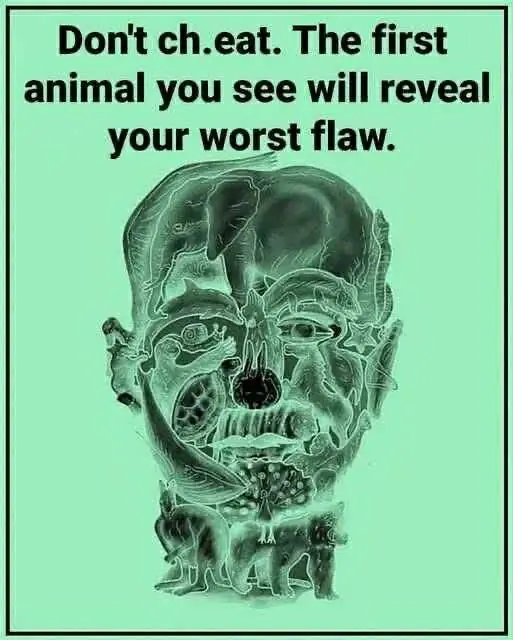
The first animal you spot in this visual reveals your ‘worst flaw’
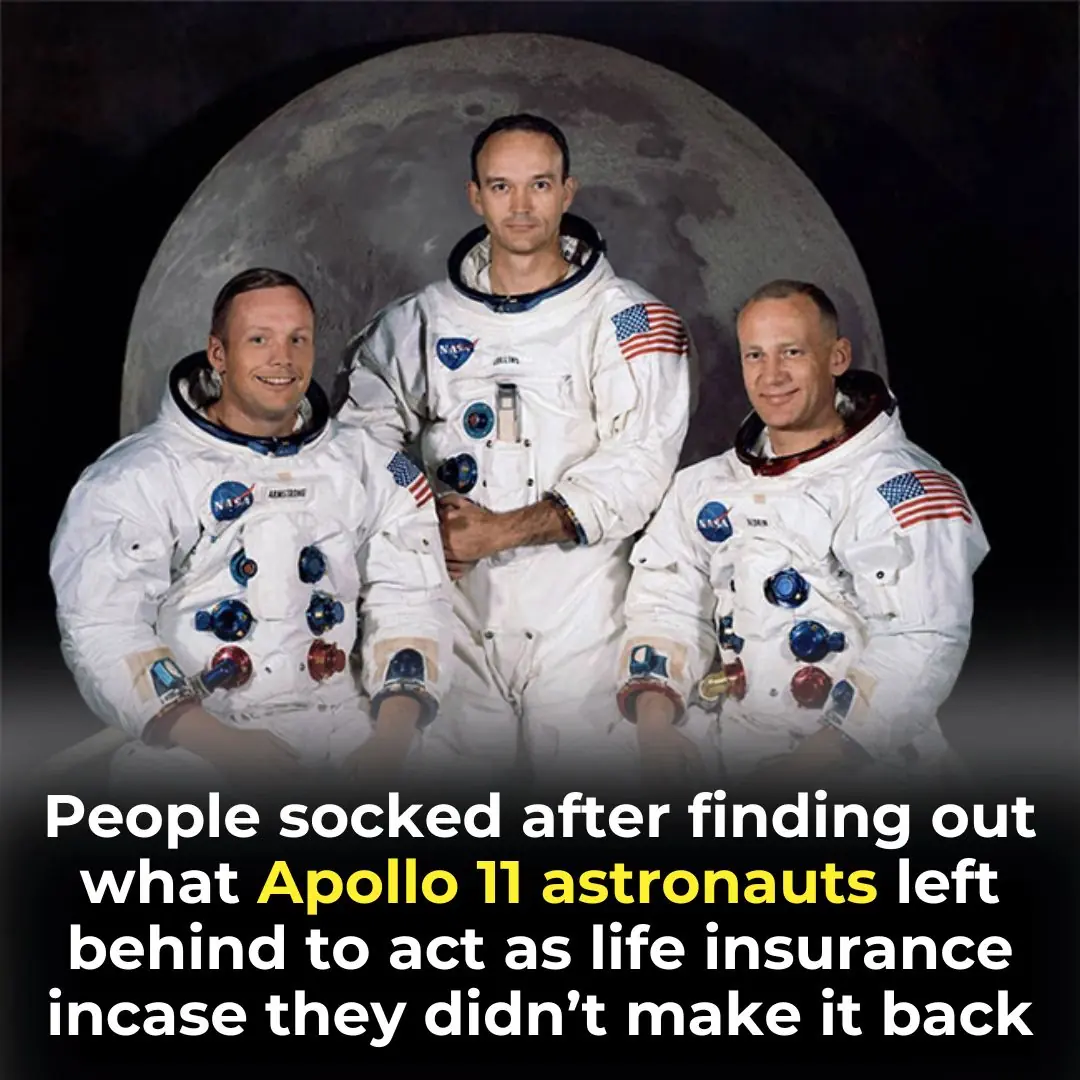
People Shocked To Learn What Apollo 11 Astronauts Left Behind As Life Insurance

NASA Claims China’s Giant Dam Is Quietly Changing Time And Earth’s Balance

One Gram of DNA Can Store Around 215 Petabytes. More Data Than All of YouTube!
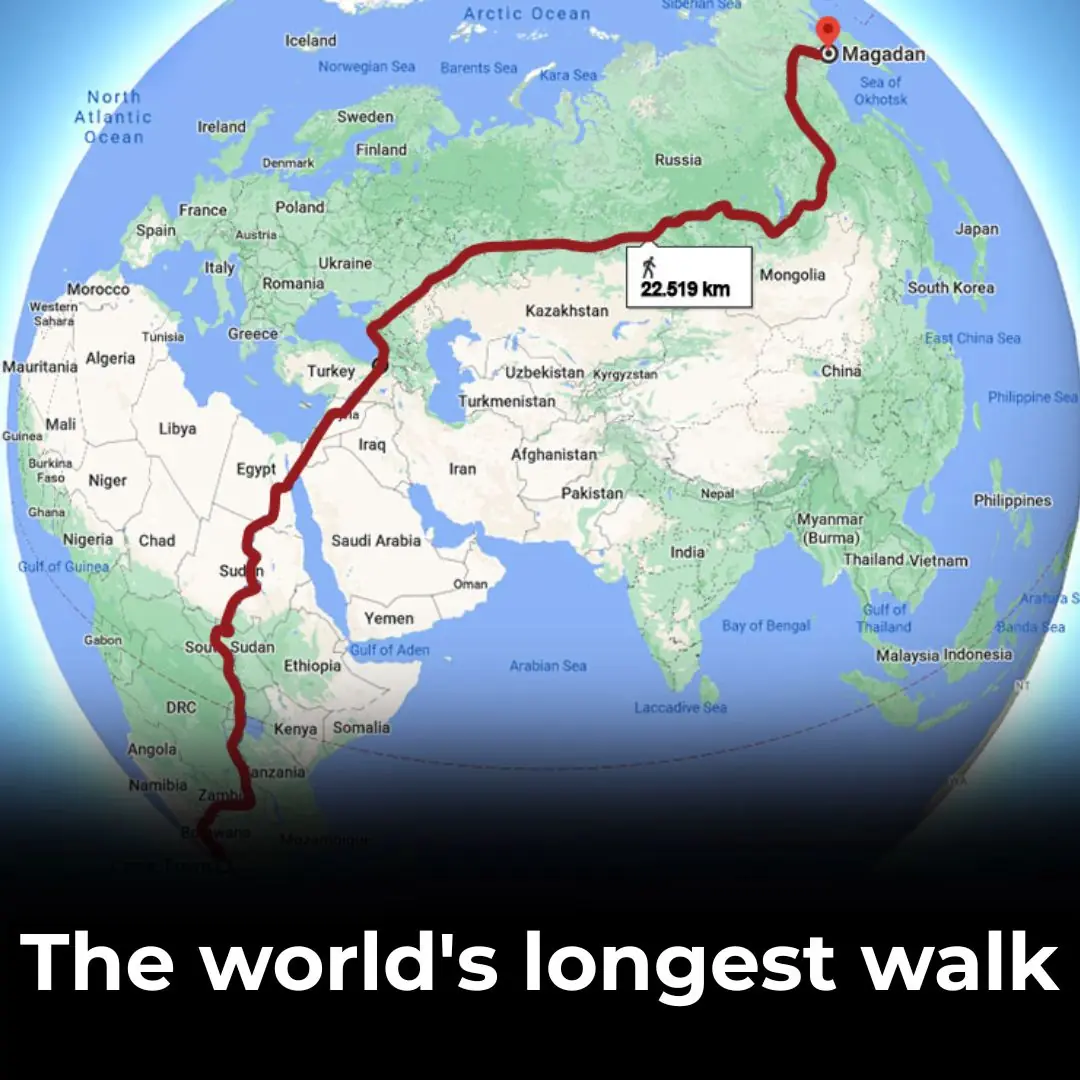
The Longest Walkable Distance On Earth Which No One Is Known To Have Completed

This Military Sleep Method Helps You Fall Asleep In Less Than Two Minutes

Japan On Edge: Scientists Warn 82% Chance Of Megaquake That Could Kill 300,000
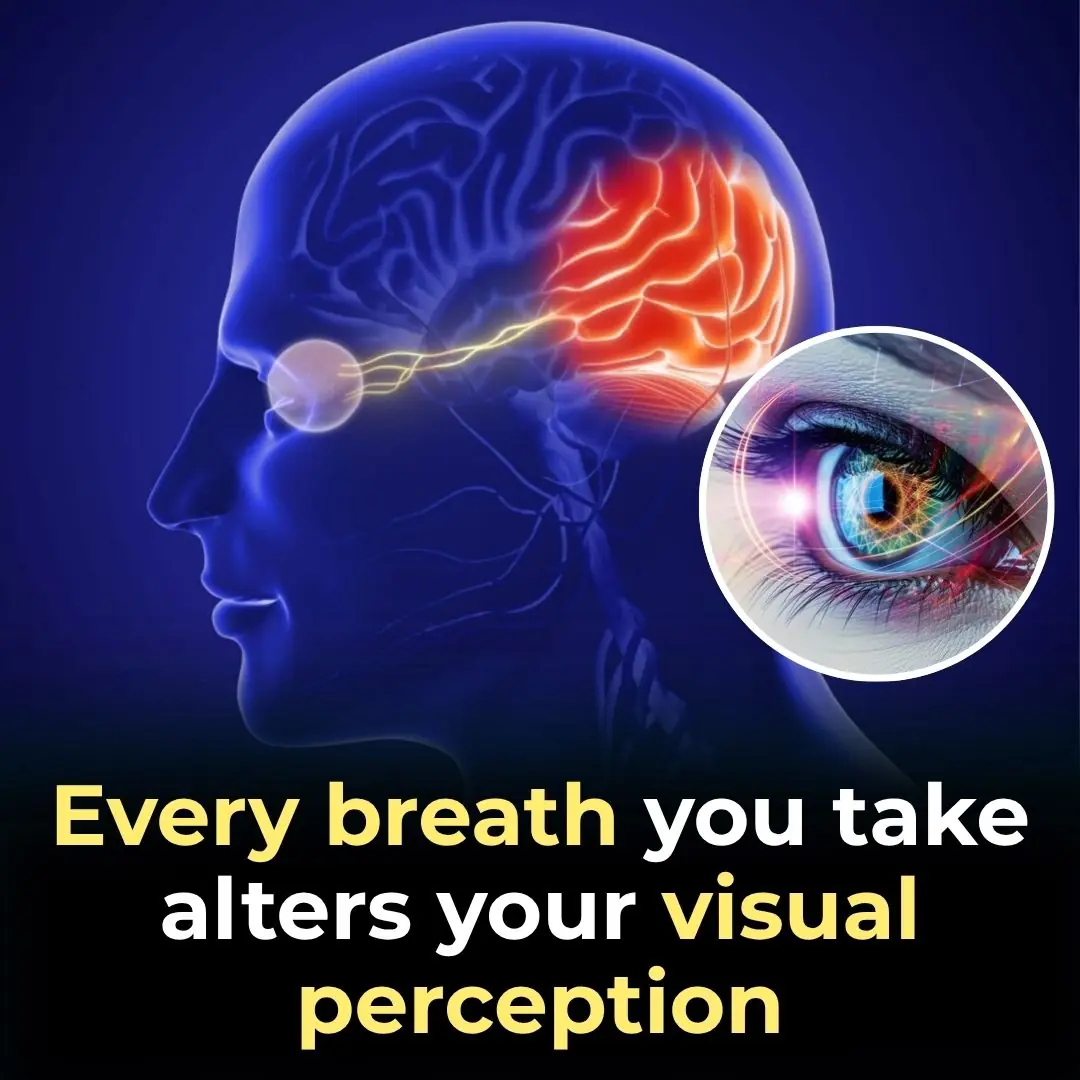
Every Breath You Take Alters Your Visual Perception
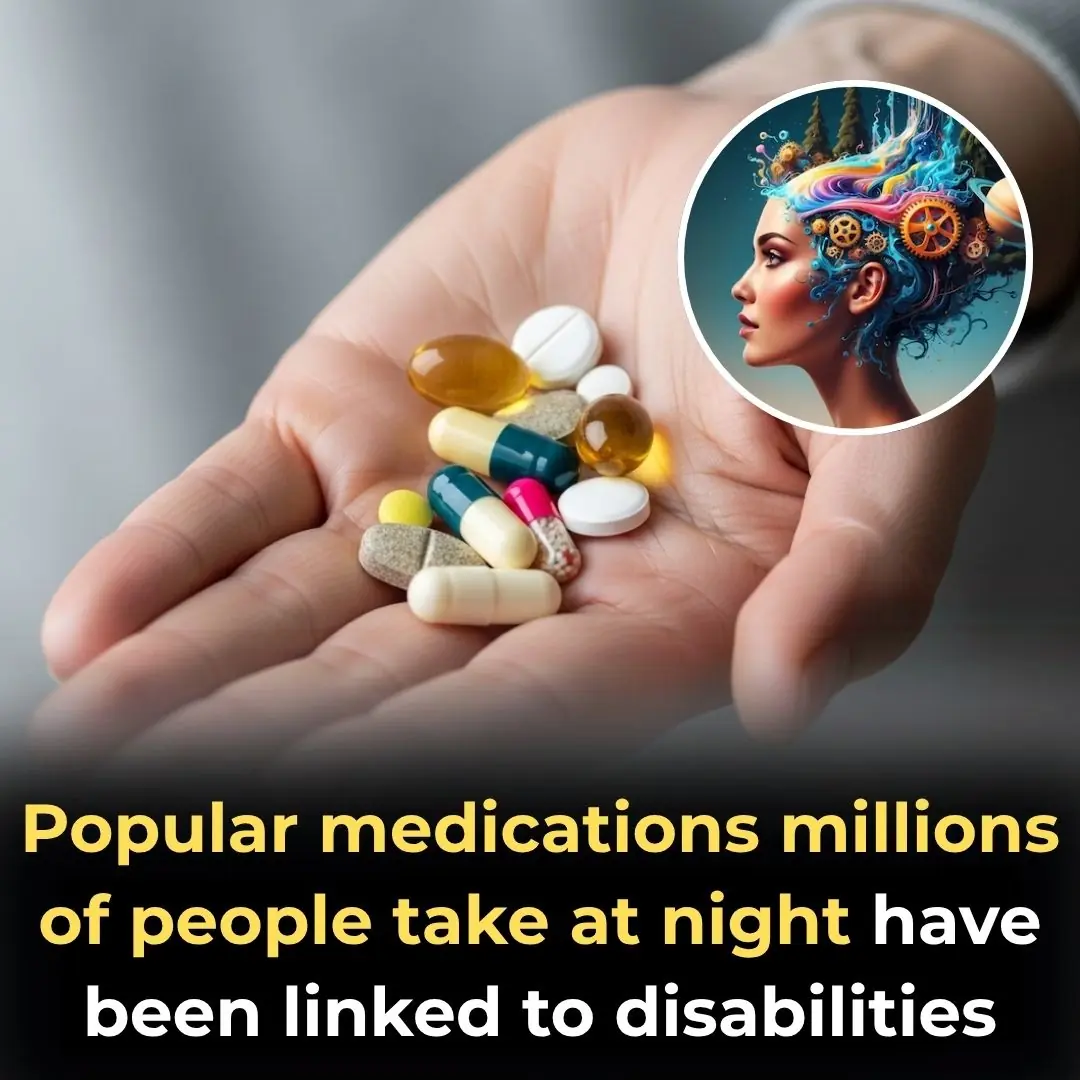
Popular Medications Millions Of People Take At Night Have Been Linked to Disabilities

10 Popular Ultra-Processed Foods Now Linked to Cancer, Study Confirms

A 9th-century onion and garlic remedy just killed 90% of antibiotic-resistant MRSA in lab tests

The world’s first lung cancer vaccine enters clinical trials in seven countries

Simulation Shows Grim Reality of What Ozempic Does to Your Body Once Injected
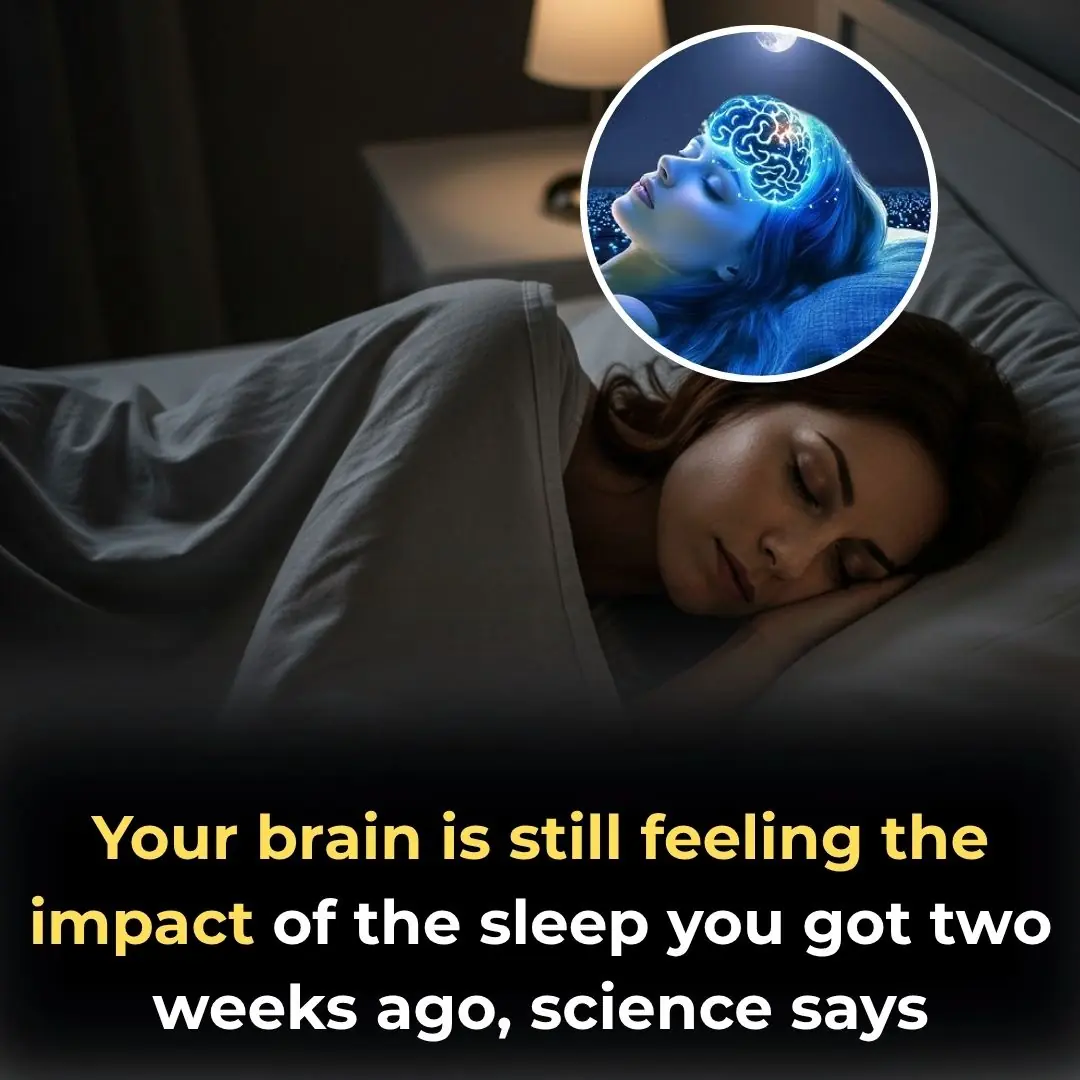
Your Brain Is Still Feeling the Impact Of The Sleep You Got Two Weeks Ago, Science Says
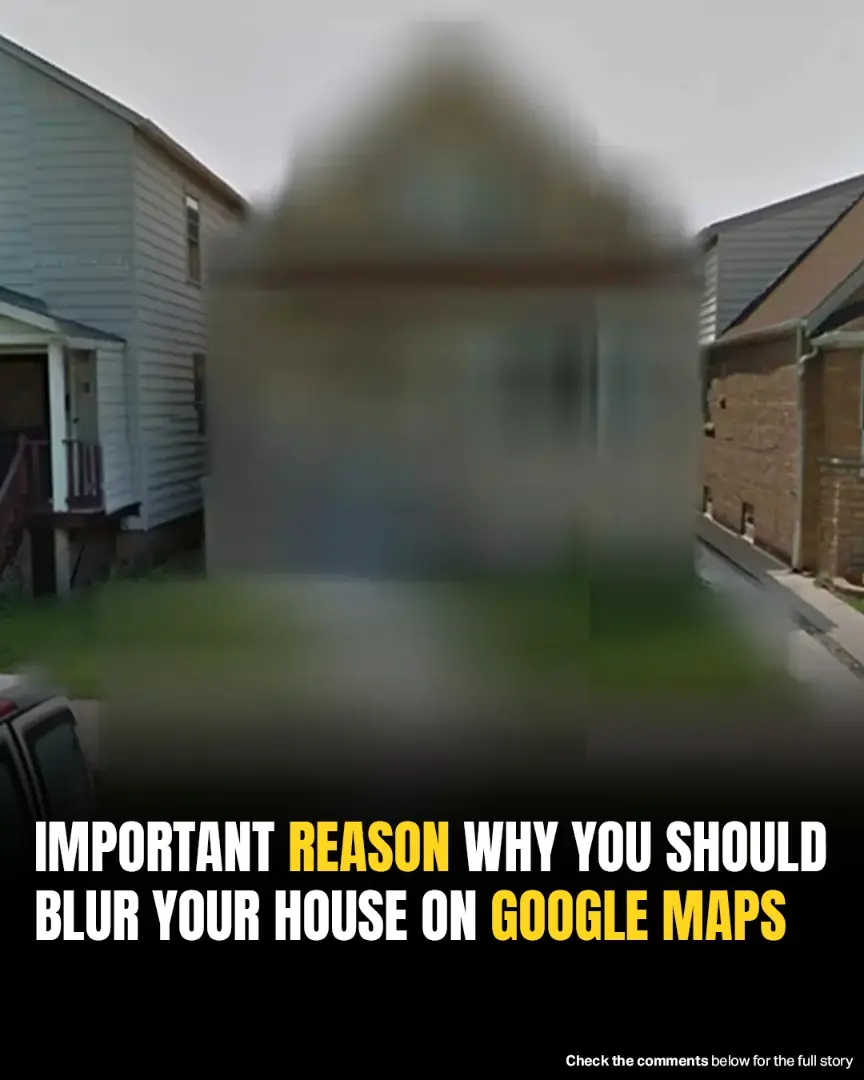
Why You Should Blur Your House On Google Maps Before It’s Too Late

Harvard Prof Says Ancient Mars Was Home To Civilization Destroyed By Extraterrestrial Nuke

Former Bush Official Claims U.s. Built $21 Trillion Underground City For Elites To Survive Doomsday
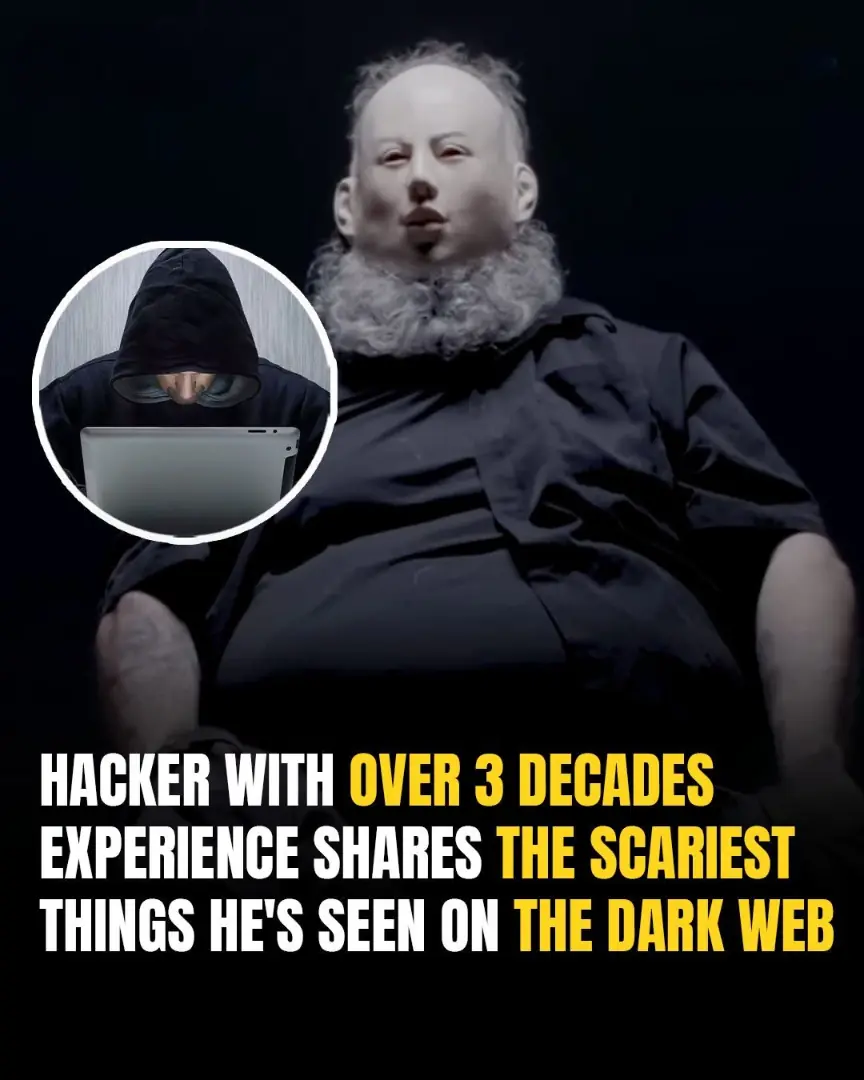
Veteran Hacker Reveals Most Terrifying Dark Web Encounters After 30 Years Online
News Post

Can You Spot the 6 Hidden Words in This Living Room Image?

Your Body's Silent Alarms: 9 Subtle Signals of a Heart Attack, Up to a Month Before It Strikes

31 Foods Experts Say You Should Avoid (Or Severely Limit)

Heart Surgeon Warns: 4 Foods and Drinks You Should "Always Avoid" to Protect Your Body

The first animal you spot in this visual reveals your ‘worst flaw’

Nature’s Secret Superfood: Why Purslane Is the Game-Changer Your Health Needs 🌿

🚫 Say Goodbye to Weevils: Easy Tips to Keep Your Beans and Rice Safe

People Shocked To Learn What Apollo 11 Astronauts Left Behind As Life Insurance

NASA Claims China’s Giant Dam Is Quietly Changing Time And Earth’s Balance

One Gram of DNA Can Store Around 215 Petabytes. More Data Than All of YouTube!

The Longest Walkable Distance On Earth Which No One Is Known To Have Completed
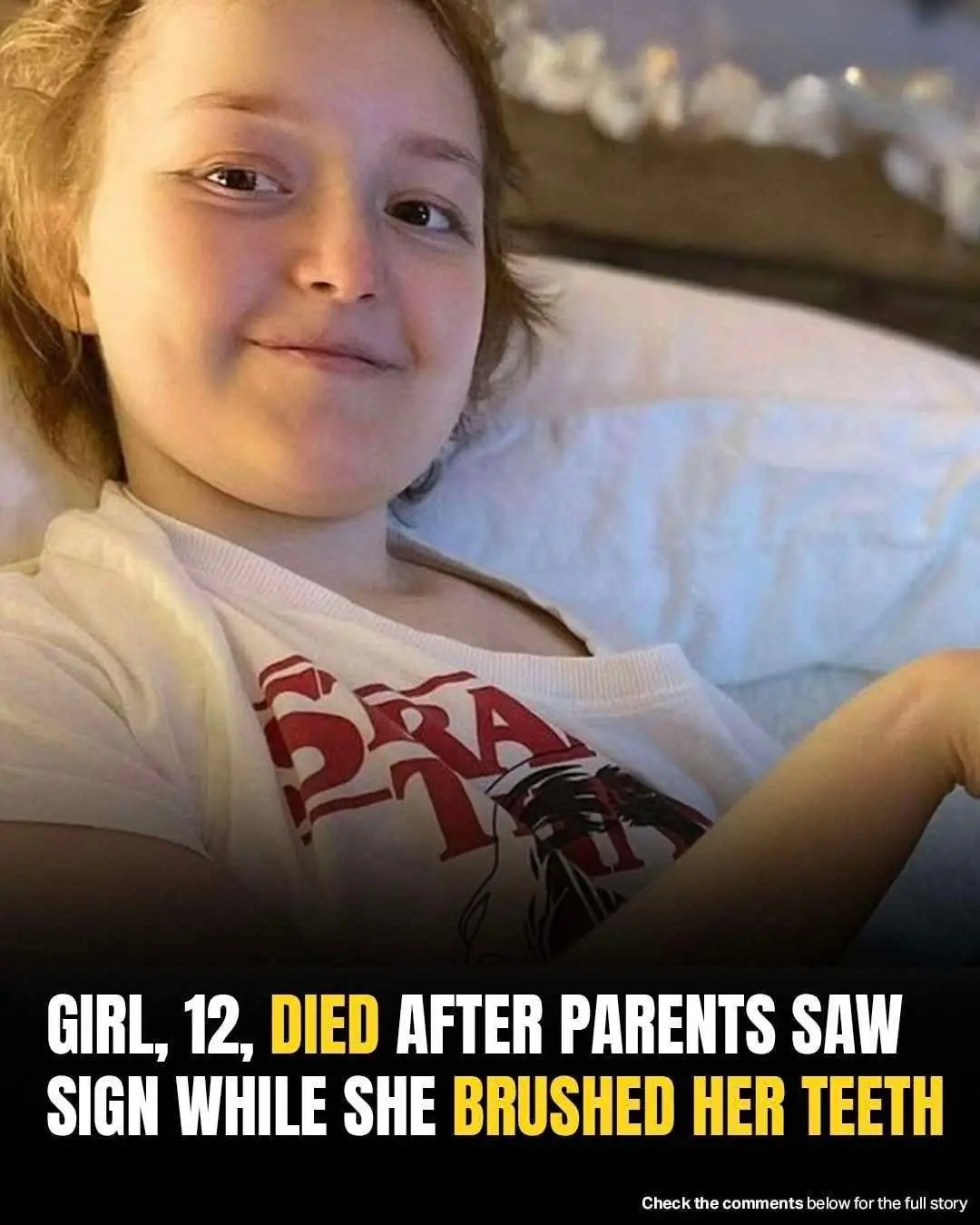
12-year-old girl dies of rare cancer—parents noticed worrying sign as she brushed teeth
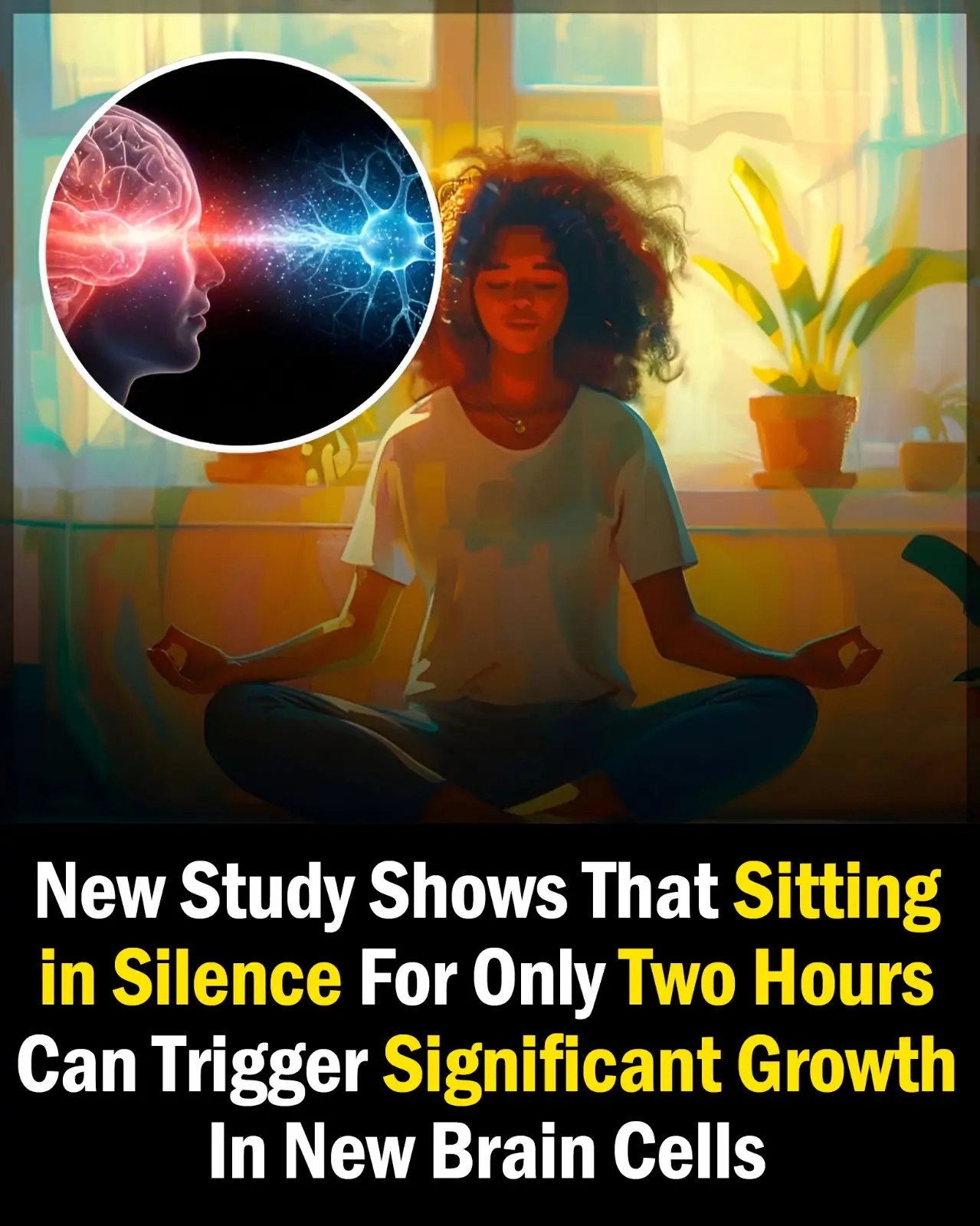
Just Two Hours of Sitting in Silence May Spark Growth of New Brain Cells, Study Finds

This Military Sleep Method Helps You Fall Asleep In Less Than Two Minutes

Japan On Edge: Scientists Warn 82% Chance Of Megaquake That Could Kill 300,000
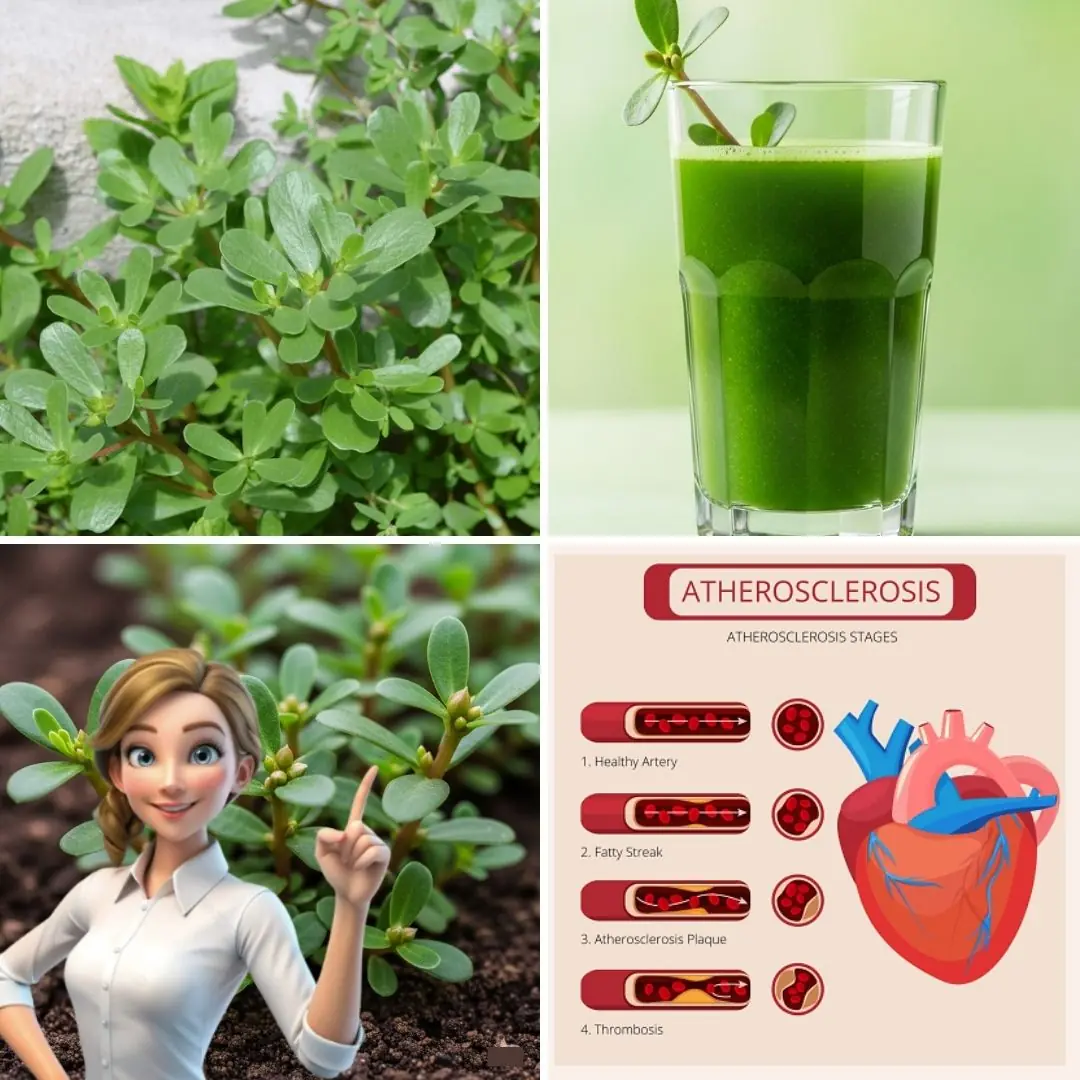
Purslane: The Humble Backyard Superfood You’ll Wish You’d Known Sooner

🥒🍋 Mix Chayote and Lemon — You'll Thank Me When You Discover What It's For!

Every Breath You Take Alters Your Visual Perception

Popular Medications Millions Of People Take At Night Have Been Linked to Disabilities

